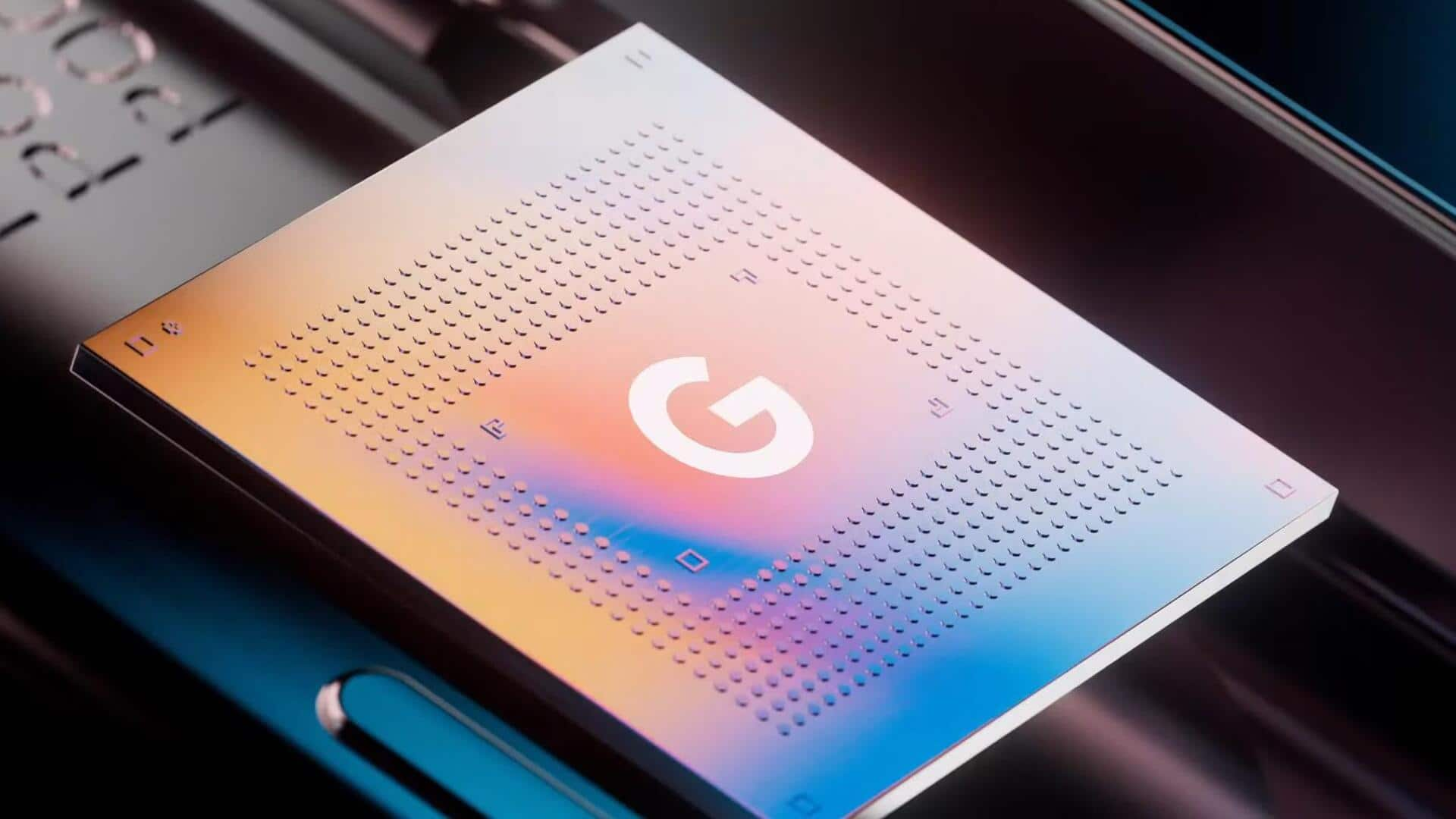
Is Google's Tensor chip project a failure?
What's the story
Google's Tensor project, which powers the tech giant's in-house smartphone chips, has been under fire for its lackluster performance and power efficiency. While some of its unique AI and photography features have been successful, four generations of these chips have failed to deliver in critical areas. This has left Google consumers behind their counterparts using other devices. The upcoming Tensor G5 and G6 are also expected to meet the same fate, according to internal projections from Google.
Performance history
Tensor's history marked by inconsistent upgrades, connectivity issues
The Tensor project has a history of erratic performance upgrades and lingering issues. The original Tensor processor, launched with the Pixel 6 series, arrived with dated CPU and GPU components. It was only with the Tensor G3 model that we saw major improvements. However, key components such as the GPU and TPU remain unchanged in the new Tensor G4 model. This inconsistency in upgrades, coupled with questionable battery life and modem connectivity issues, has raised concerns about the project's stability.
Upcoming models
Tensor G5 and G6: A closer look at the future
The upcoming Tensor G5 is expected to deliver only a partial CPU setup improvement, a mid-range GPU upgrade with ray tracing, and a modest 14% TPU enhancement for exclusive Pixel AI features. Despite these upgrades, it will still lag behind in many metrics. The chip's efficiency is expected to improve thanks to TSMC's 3nm-class N3E manufacturing process. However, these projected improvements continue the trend of inconsistent performance upgrades seen in previous models.
Cost concerns
Google's cost-cutting measures could impact Tensor's performance
Reportedly, Google plans to shrink the silicon area of the Tensor G6 by some 8% over G5. It will do so by ditching ray tracing from the GPU just a generation after its debut, trimming DSP cores, and possibly even ditching system-level cache. These cost-cutting measures could affect the chip's performance and feature set, leading us to wonder about Google's long-term strategy for its in-house chips.
Future focus
Tensor project's future hinges on AI and camera features
Despite performance concerns, Google is sticking with its in-house processors. The company has said it is not too worried about topping benchmarks, as long as its chip continues to provide the tools for unique features for its Pixel phones. The focus of the Tensor project seems to be moving toward AI and camera features, rather than raw performance. This could affect how Google's in-house chips stack against rivals' offerings in the future.